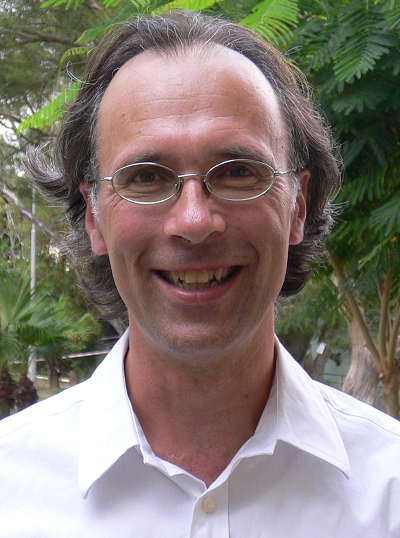Why should the study of Western Christianity be relevant to Christians in the global south?
Many students in the global south find the study of the history of Western Christianity irrelevant and little related to their own reality. They find that the story of Western Christianity it not edifying at all, but rather shows Christianity’s corruption by human obsession with power, money, or status. Yet I found that the study of the history of Western Christianity is meaningful for Christians beyond the West: First, several forms of Christianity that emerged in the West live on today and are part of the ecclesial landscape in the global south. An understanding of how they developed is thus part of the history of the church also in a non-Western context. Second, some parts of Christianity in the global south show interesting parallels to the history of early Christianity. I particularly noted such parallels with Christianity in China: Examples are the growth pattern of early Christianity and present-day Chinese Christianity, the high percentage and the important role of women in the church then and now, or the reactions of political authorities, then and now, to the growth of Christianity, partly trying to contain it by promoting indigenous philosophies and beliefs, partly trying to integrate it into their own political visions. Present-day Christians in the global south find themselves asking how to contextualize the gospel in their intellectual environment and face challenges similar to those of Christians in the first centuries: Can the contextualization of Patristic theology that interpreted Christ as revelation of the Logos known from Greek philosophy be a model for Christians in the Chinese context to identify Christ with the Dao of Chinese philosophy?
What is the spiritual value of studying history of Western Christianity?
I am convinced that the study of the history of Christianity will ultimately deepen our faith and theological thought and may eventually have a therapeutic effect, healing our community’s divisions. Studying church history is a form of establishing relationships with Christians of past centuries. Knowing them, learning from them, and trying to understand them are an expression of basic respect and humility: We are not the first Christians and our faith and our readings of the Bible, whether we like it or not, have been shaped by tradition.
Studying the history of Christianity is an eminently political act. Critical historical research uncovers the politically or socially repressed elements of history against the dominant discourse of history. Political leaders manipulate history to underline their own legitimacy. In contrast to such official historiography, critical historical research uncovers the politically or socially repressed elements of history and asks: What about the women, who are rarely mentioned in historical accounts? What about racial, ethnic, sexual, or other minority groups? What about religious groups that were called heretical?
What is church history?
Church history may be described as a theological discipline that follows a historical and dialectical movement that alternates from religious experience to tradition and back to renewed religious experience. All religious faith has its roots in primary faith experiences that are communicated by means of language and symbolic expressions understandable to ordinary people. As the language communicating religious experiences is codified and handed down to later generations, it turns into tradition. Tradition is a repeated use of a language that has in the past communicated religious experience beyond the immediacy of the moment and that has the power to cause a renewal of such experience. However, as the faith community grows and matures, ‘God’ turns into a familiar word that loses its alien character. God is domesticated and integrated in the belief and practice of the faith community. Faith turns into belief. This process transforms “what was essentially a Spirit-guided movement of faith into a ‘belief-demarcated’ confederation” (Harvey Cox, The Future of Faith, New York: Harper, 2009, 83). The shift from faith to belief and the resurgence of faith are part of a dialectic history where faith and belief continue to stand in tension.
The study of church history is an attempt to trace this dialectic. It helps us understand how the many conflicts, which cause many people to regard church history as a rather dark story, are actually expressions of a dialectic movement of institutionalization and protest, of petrification and revival, of charisma turning into bureaucracy and of new charismatic experience arising.

